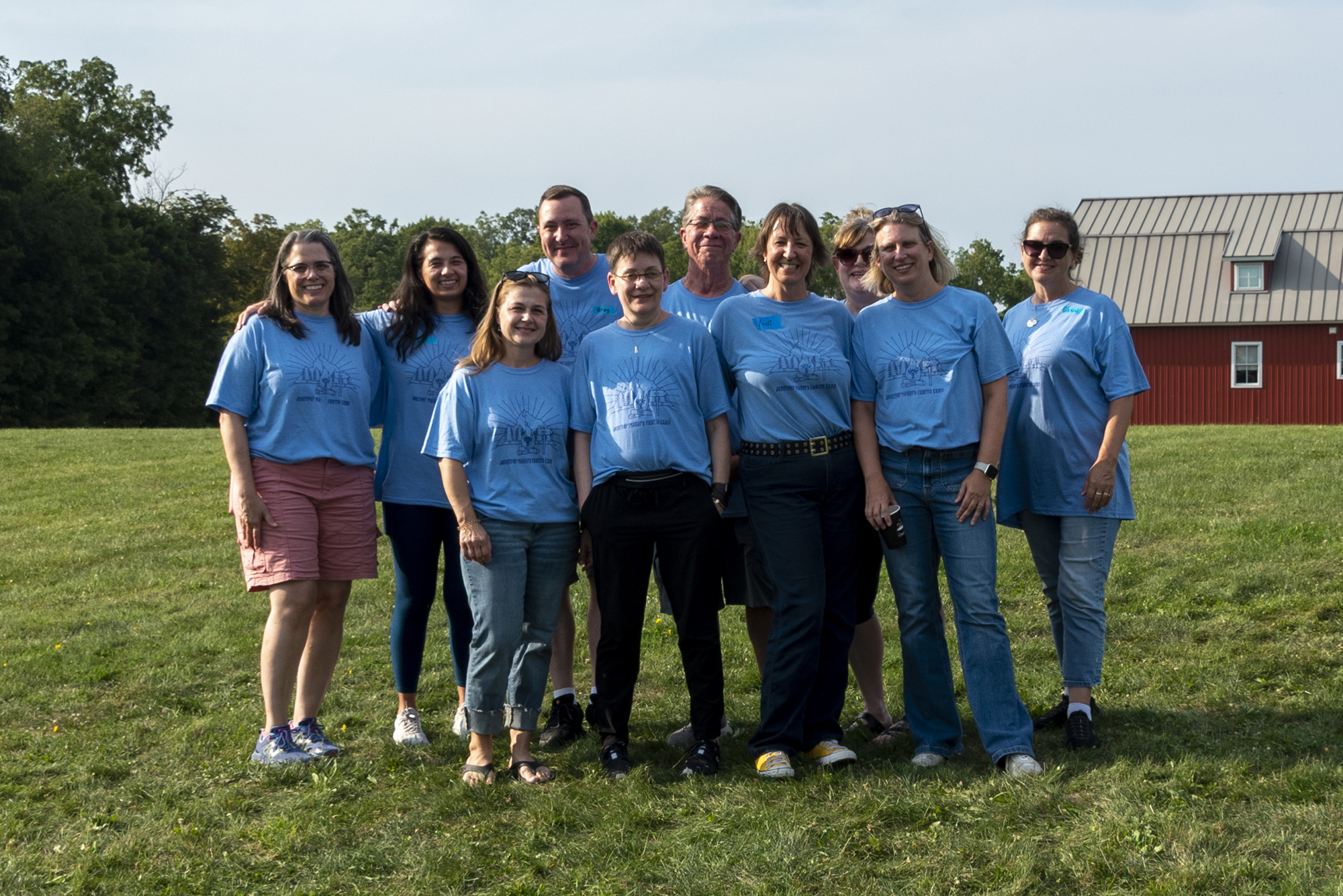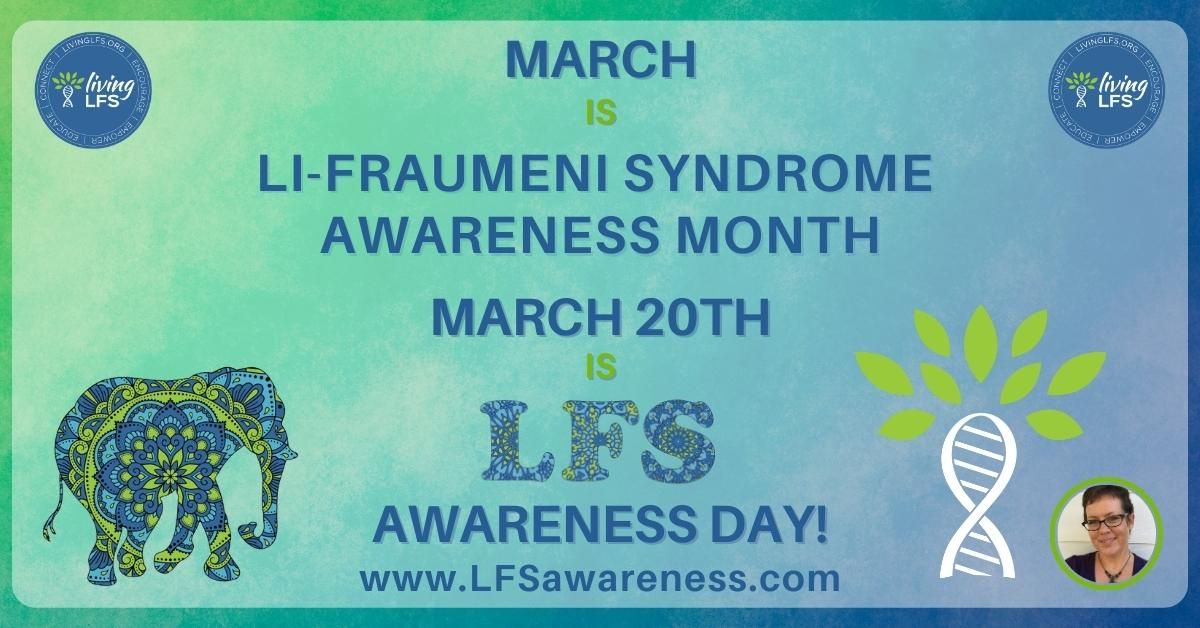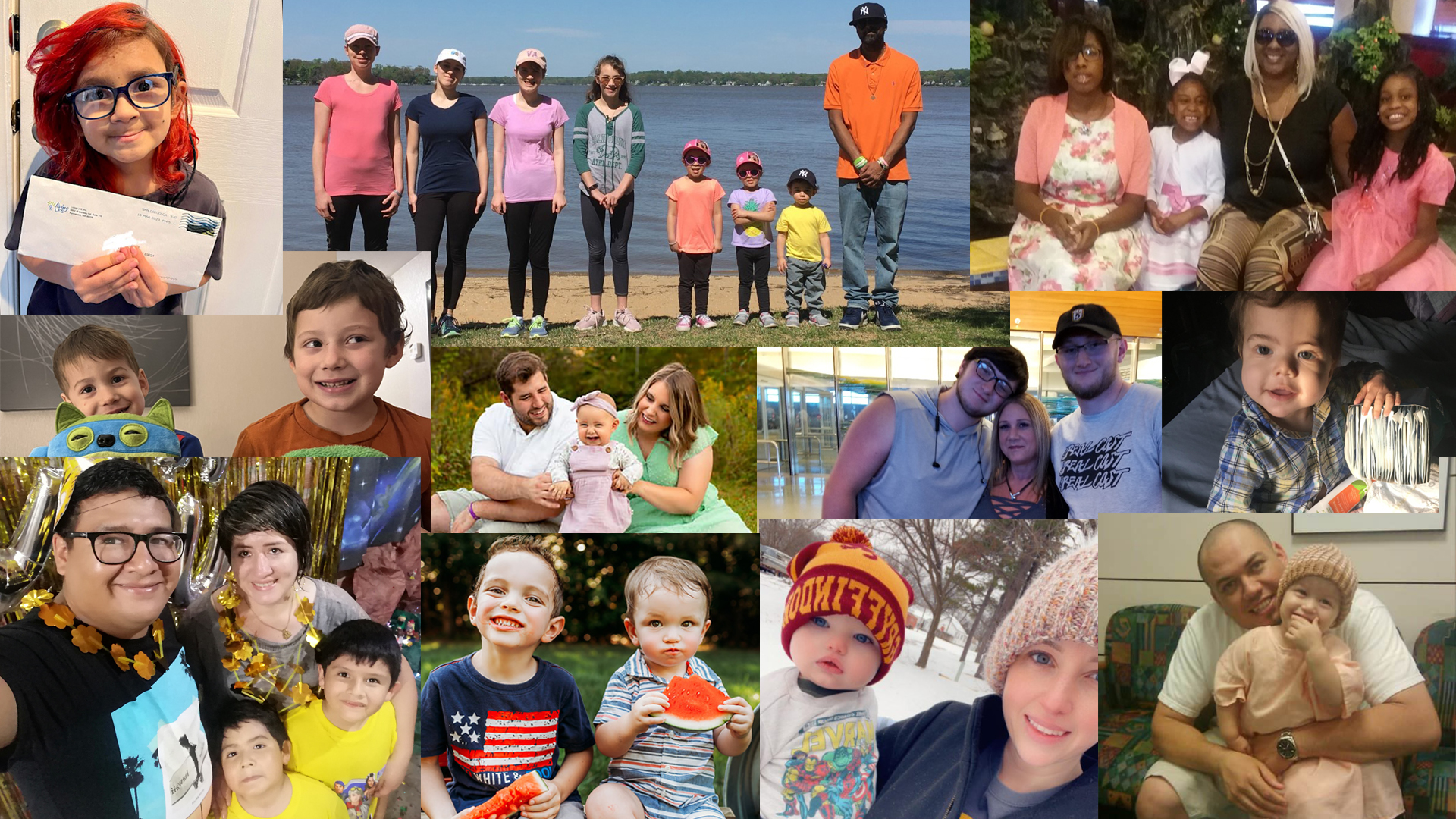In graduate school, I remember learning about the very 'rare' LFS and figured I would likely never see more than a case or two in my life, if any. Yet during my five years in cancer, I acquired more than just a handful of families. These were the families that impacted me most and stay with me in my thoughts and in my dreams today. I wonder about their health and how they are coping with what I can imagine must, at times, feel like relentless and overwhelming worry, fear and sadness. In my opinion, LFS is a cancer predisposition syndrome which calls for more attention and more intensive counseling than some of the other hereditary cancer syndromes due to the variety of body systems at risk, the high risk for developing cancer, and the fact that it can affect both children and adults.
Some of you have already met with genetic counselors, so you may be familiar with how genetic counseling works. For the rest of you, I hope I can adequately explain my profession and how meeting with a genetic counselor may benefit you and your family members.
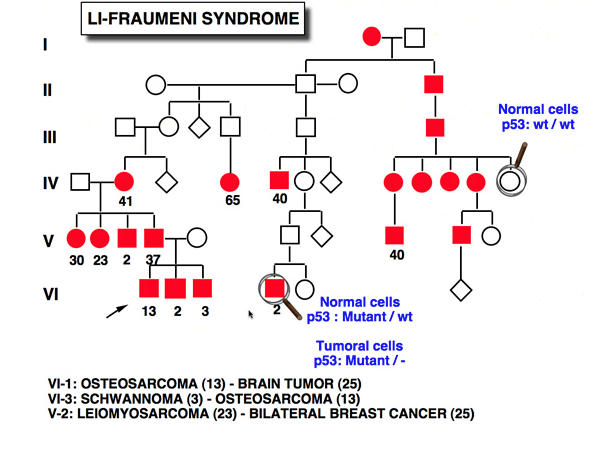 |
| http://p53.free.fr/Database/p53_cancer/image_cancer/lfs1.jpg |
Genetic counselors (GCs) are like interpreters of complicated medical/genetic information who also help to usher patients through the emotional rollercoaster of learning genetic results and/or discovering they have a serious hereditary condition. GCs work in several different areas including (but not limited to): prenatal, pediatrics and cancer. GCs obtain a detailed personal and family history (through drawing a family tree, called a 'pedigree') in order to assess for the risk of a hereditary syndrome. GCs offer the option of genetic testing if appropriate and review the possible results of testing and the potential implications of those results for the individual and his/her relatives. Other issues and concerns pertaining to genetic testing are additionally reviewed which include: privacy, insurance discrimination, accuracy of testing, cost and turnaround time. Though most GCs typically meet just once or twice with a patient, we are available for continued support and information over time to the patient and to his/her relatives. The National Society of Genetic Counselors (www.nsgc.org) is the professional organization for genetic counselors. The website provides a huge amount of information on genetic counseling as well as a 'find a genetic counselor' advanced search option so you can make an appointment to see a genetic counselor in your area.
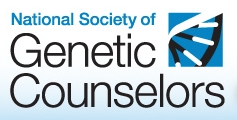 |
| www.nsgc.org |
Obviously I'm biased, but I feel that genetic counseling, especially in the case of Li-Fraumeni Syndrome, is not only beneficial but is necessary. Genetic counselors are specifically trained to help interpret ambiguous genetic testing results (a skill few doctors have) and also typically have a much longer block of time (about an hour) for discussing the most up-to-date issues and medical recommendations pertaining to LFS while also addressing the emotional component and providing additional sources of support and information. In my experience, the field of genetic counseling if chock full of extremely caring and intelligent (mostly female) individuals who bend over backwards for their patients. The purpose of genetic counseling is frequently misunderstood and GCs are sometimes mistaken for a group of 'mad scientists' who have an agenda to 'push' genetic testing on people. This could not be further from the truth. The philosophy of genetic counseling is to empower patients with information and support so that the patient can make the decision that is best for him/herself. GCs are specifically trained to be unbiased support people who can appreciate both the medical and psychological issues pertaining to having a hereditary condition like LFS.
In closing, I want to again thank this group for giving me the chance to introduce myself and say a few words about genetic counseling. Most importantly, I wish to extend my sincerest hope that you and your families find some peace and joy as you face this complex and challenging journey. We are learning more and more about LFS, and I am hopeful that more effective screening and prevention options will become available in the coming years. In the meantime, you are clearly not alone in your journey, as is evidenced by this very supportive group.
Carly Grant
